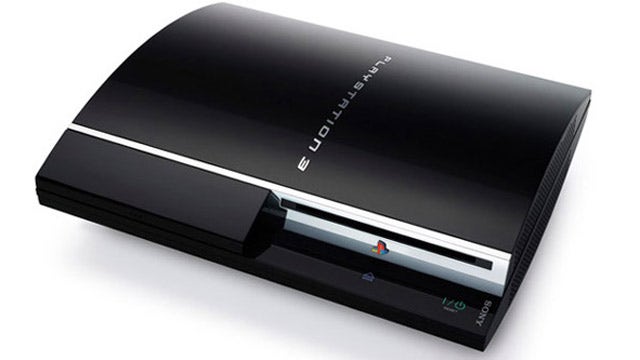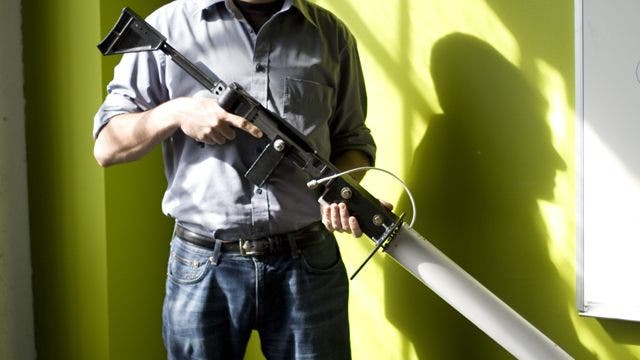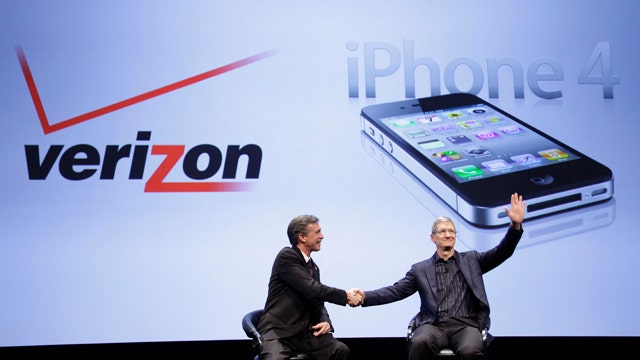Work has changed significantly over the past five years. The omnipresence of smartphones, social media services like Twitter and Facebook and widespread cellular and Wi-Fi access even in rural areas mean we are all just a finger swipe away from our data.
So I’ve developed a few bad habits. I browse the Web during the day to a few inconsequential sites, check my phone during dinner conversations and tend to watch too many TV shows when I should be going for a walk.
Recently, I spent an entire week without using technology – no television, no phone, no computer. My goal: To find out if I could break my bad habits, spend more time outside and engage a little better with the people around me. Here’s what I found out.
Initial findings
To make sure I was fully detoxified, I volunteered at a youth camp in northern Minnesota. I left my smartphone in an office all day and used a computer only to process a few photos off my digital camera. There were no televisions around, and Internet access was limited.
The good news is that I didn’t miss television. With the temptation removed, I spent my evenings talking with people and exploring the countryside. That’s a good thing, says Debra Fine, author of the book ‘Beyond Texting: The Fine Art of Face-to-Face Communication for Teenagers,’ who told me I’m most likely watching TV out of boredom, but my brain is craving movement, excitement and nature.
“Television, like any screen watching, can be bad when we do it out of habit and laziness rather than dedication to certain programming. Balance is the key,” she said, explaining that the detox helped me calibrate and find better ways to experience movement and nature in the real world.
I also didn’t miss browsing websites that show shiny gadgets and cool pictures. According to Elizabeth Waterman, a psychologist with the Morningside Recovery treatment center in Newport Beach, Calif., browsing the Web during work hours may be my way of finding instant gratification, though it creates a false sense of pleasure.
“When we seek out pleasurable viewing material on our devices, we have a dopamine-induced wanting/liking system that is strengthened with repeated exposure to the pleasurable behavior. Eventually, this behavior becomes automatic and difficult to stop,” she said. My detox made me more aware of how my mindless browsing had become a bad habit.
Feelings of failure
I checked my smartphone a few times – mostly to see if there were any emergencies at home and to communicate with people at the youth camp. But, sad to say, I experienced serious “nomophobia” – the fear of losing my phone or not having access. In a few cases, I even reached for a “phantom phone” in my pocket that wasn’t actually there.
According to Dr. Cindy Bunin, a Plantation, Florida-based marriage and family therapist, my phone habit could point to a need for more emotional connection, and my constant desire to check email or view social media posts indicates a deepening problem. Worse, the light from my smartphone stimulates brain activity and could cause sleep deprivation.
In fact, I did sleep better during the week and I did try to connect with people on a deeper level. Not having instant access to my phone meant I was more in tune with my surroundings. Eventually, I realized texts and emails could wait a week.
What it all means
Did my weeklong detox really help? Yes, because I learned so much about my dependence on technology. Now I’m checking my phone less, and I keep it stashed away during conversations. I’m less interested in checking my Twitter account and browsing mindlessly because I know it’s a problem related to instant gratification.
Fine said a detox can show us all where we have a problem and reveal our bad habits. Of course, it’s important to make changes to correct those habits. A longer detox, she said, could strengthen new habits, like walking.
But according to Linda Stone, a Seattle-based researcher and computer consultant who examines the effects of computers on human cognition, my overuse of technology is not the problem, it’s a symptom. “Because we can work around the clock, we do. Because we can binge watch television, we do. Because we can easily find delicious food, we eat. Moderation and a variety of activities, breaks from technology, breaks from sitting, more sleep, more time in nature – they are all good,” she said.
My next goal is to take an entire month off from tech, see which habits still have a hold on me, and finally solve this problem of looking at my phone too much.







Leave a Reply